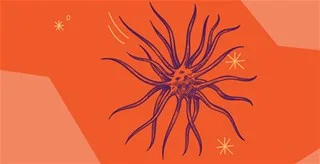
Cancer
There’s no safe level of alcohol use when it comes to cancer. Learn why drinking alcohol, even in small amounts, increases your risk of cancer.
Alcohol is directly linked to over 40 medical conditions, including cancer, heart disease, stroke, liver disease, digestive problems, and mental health conditions.